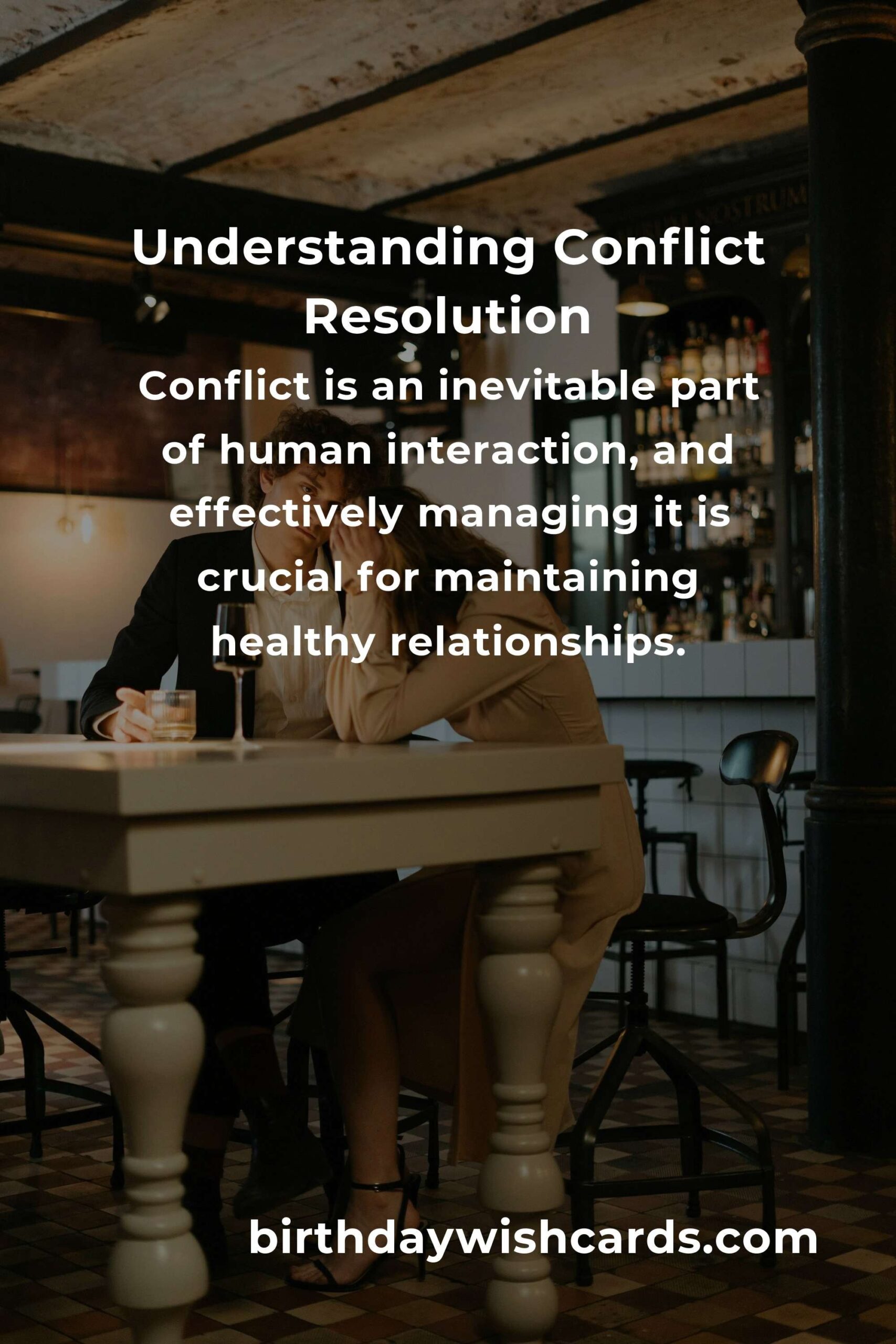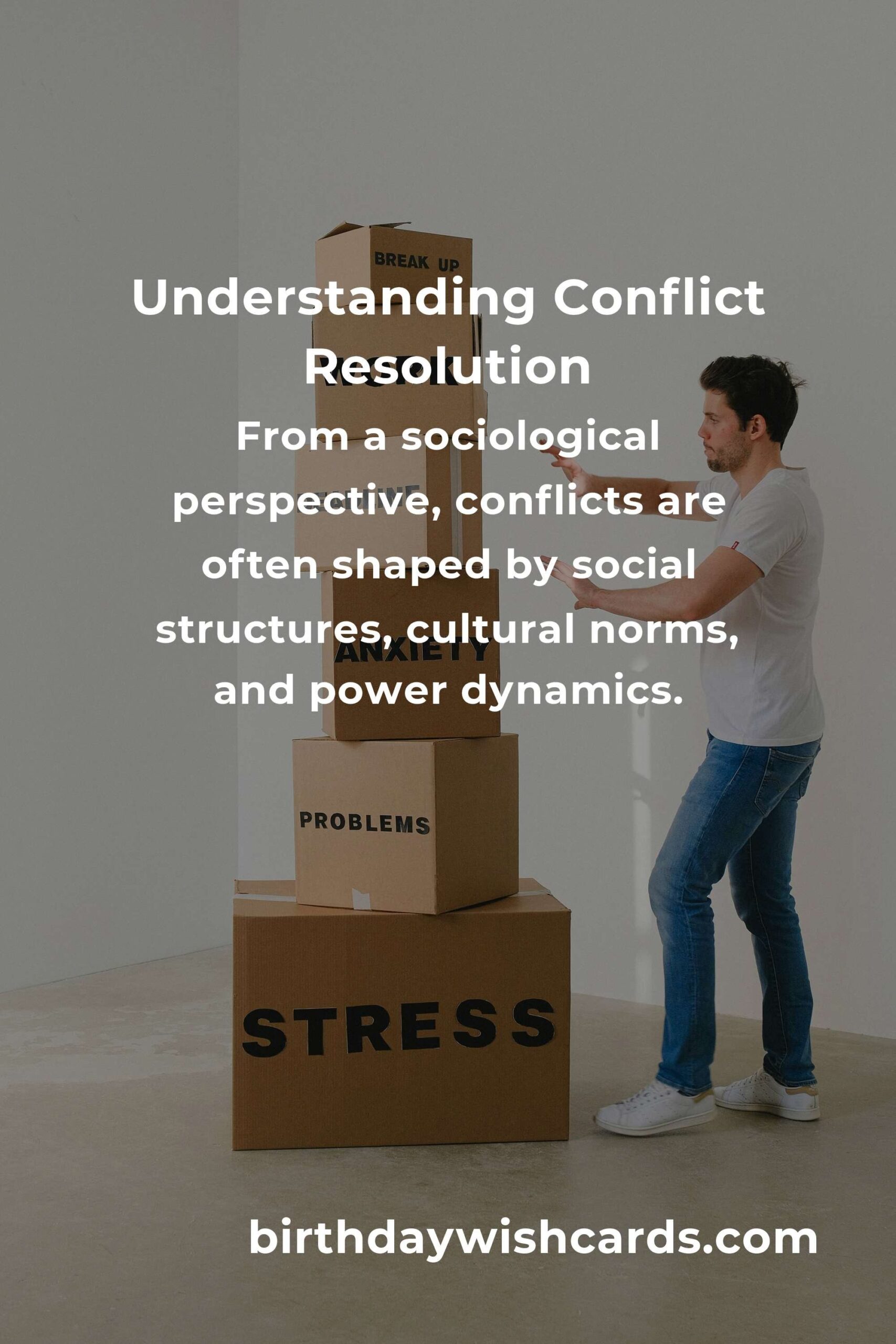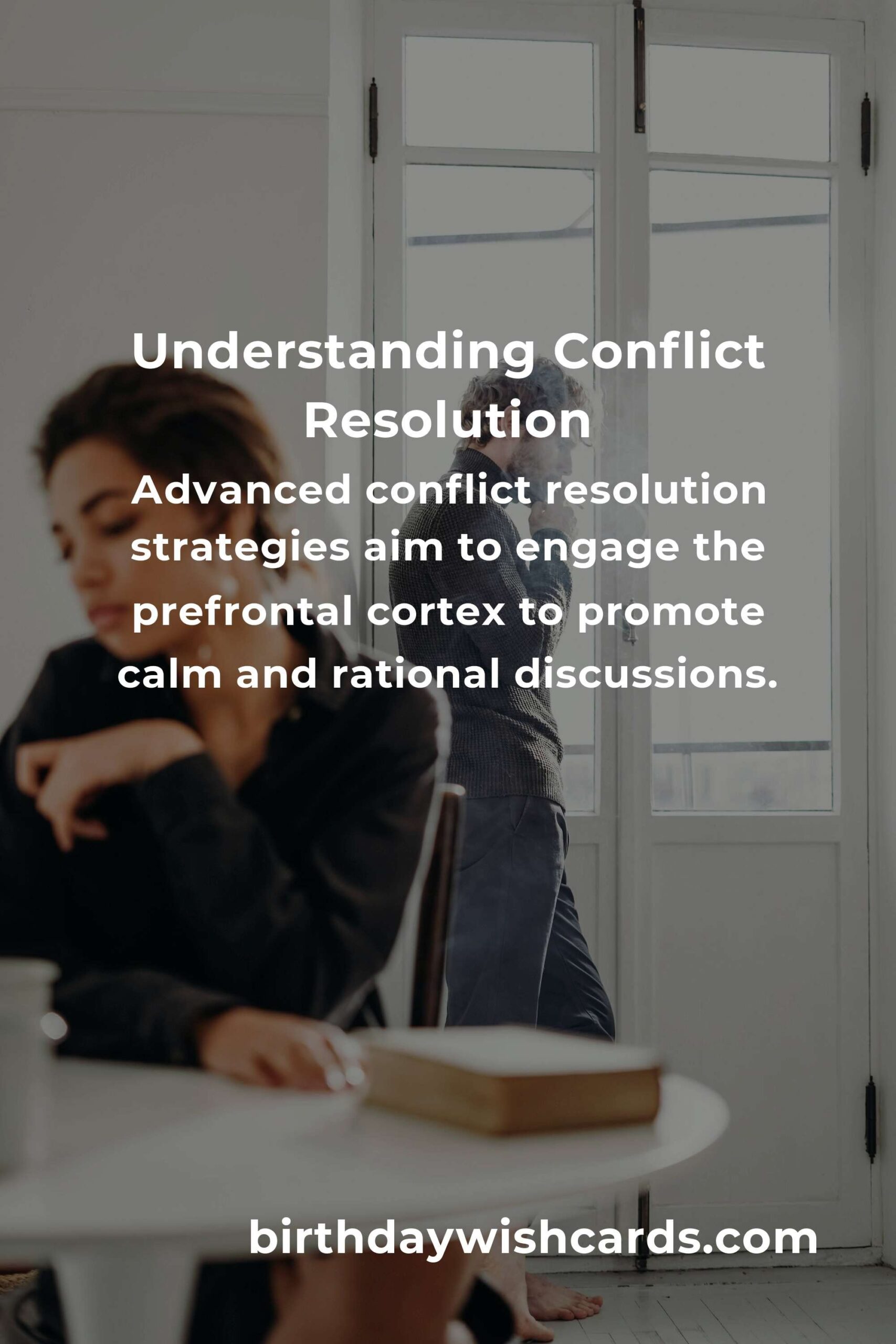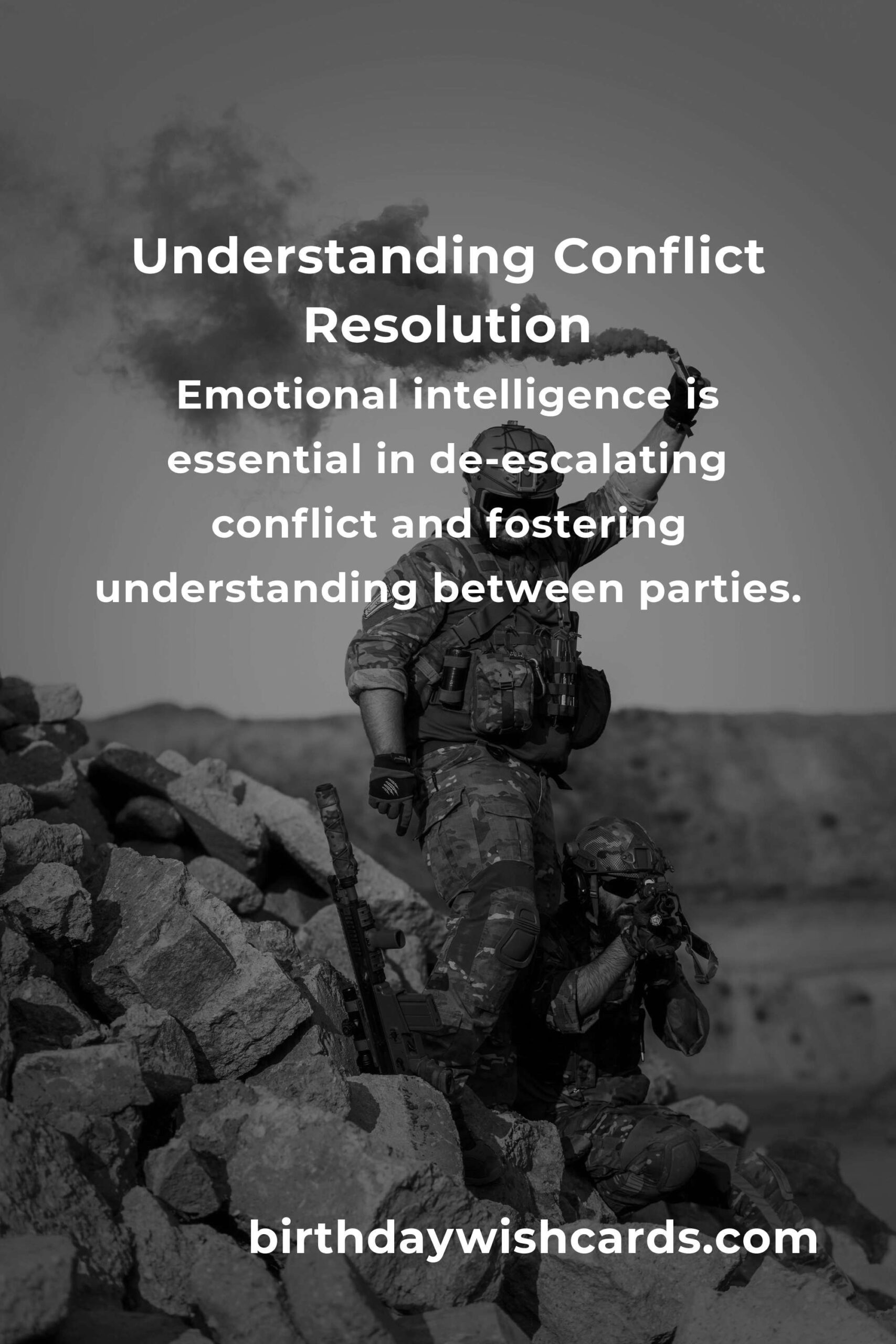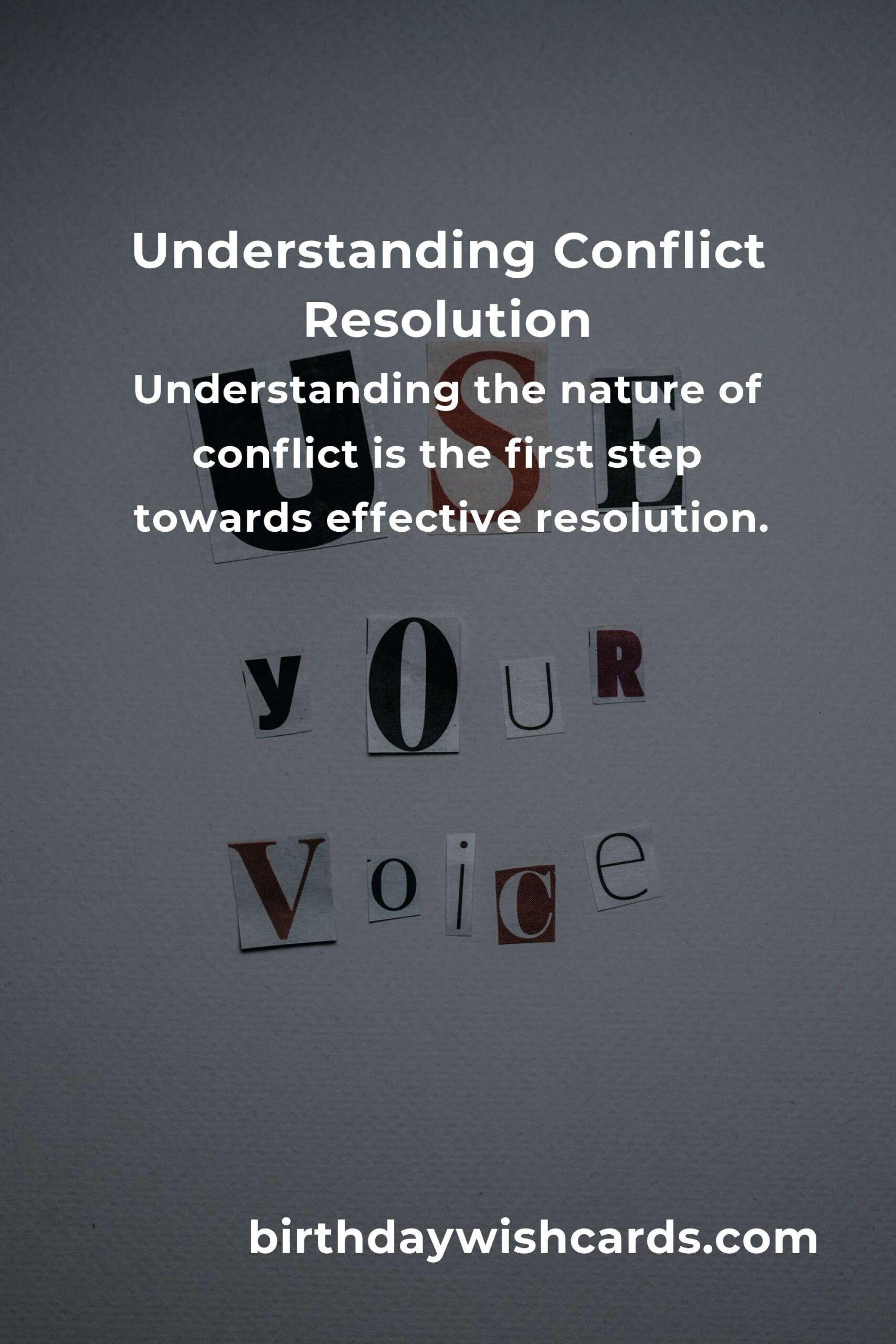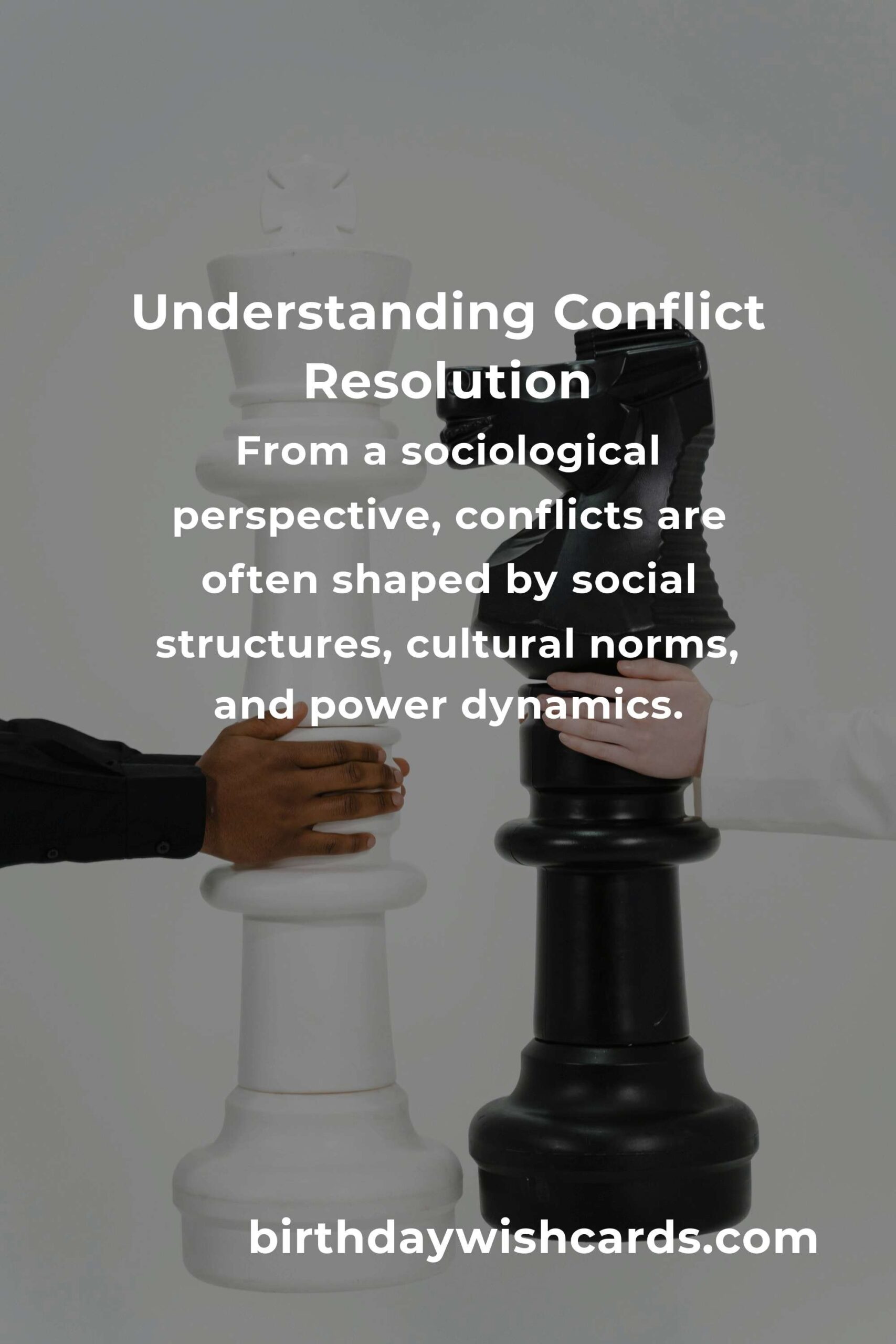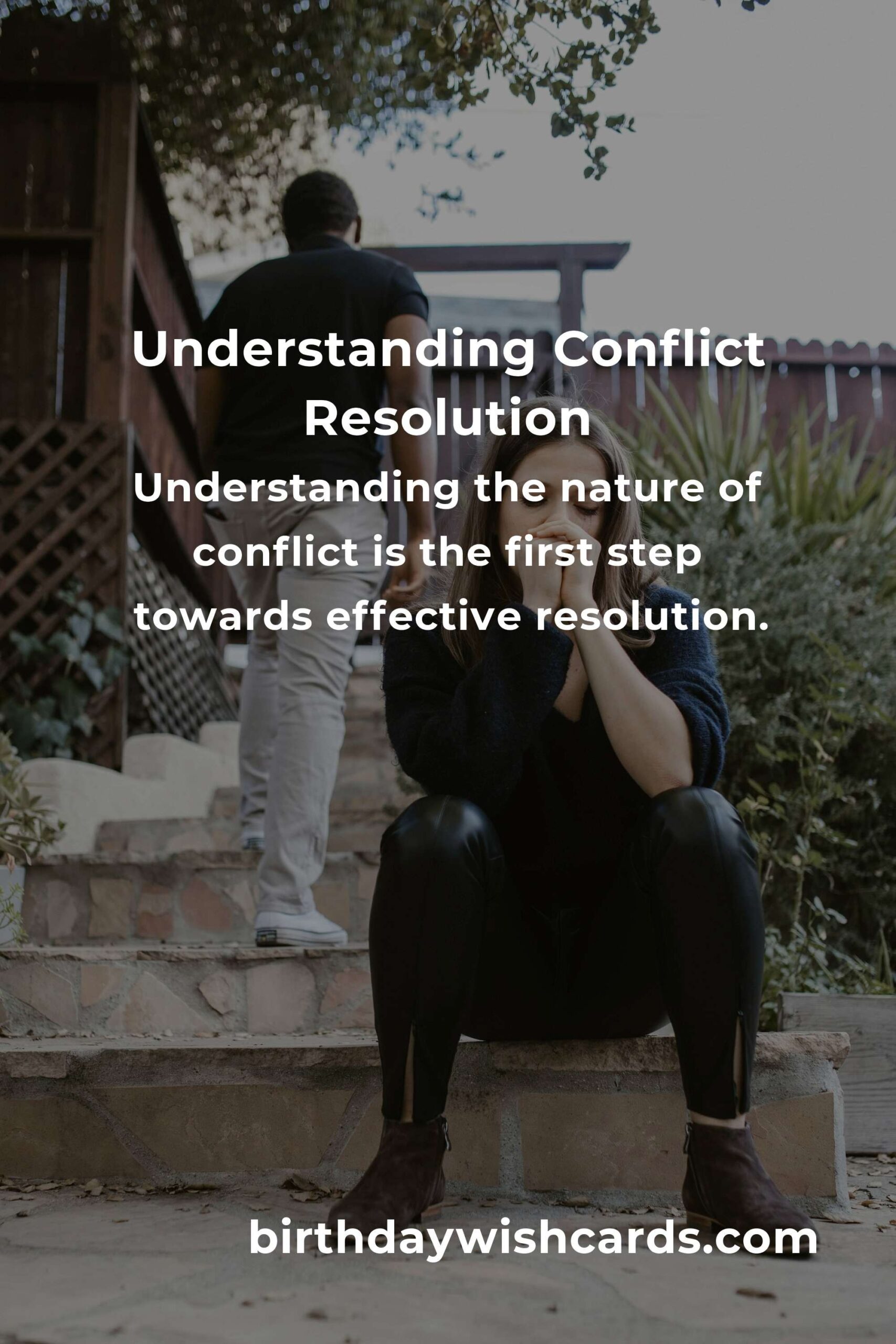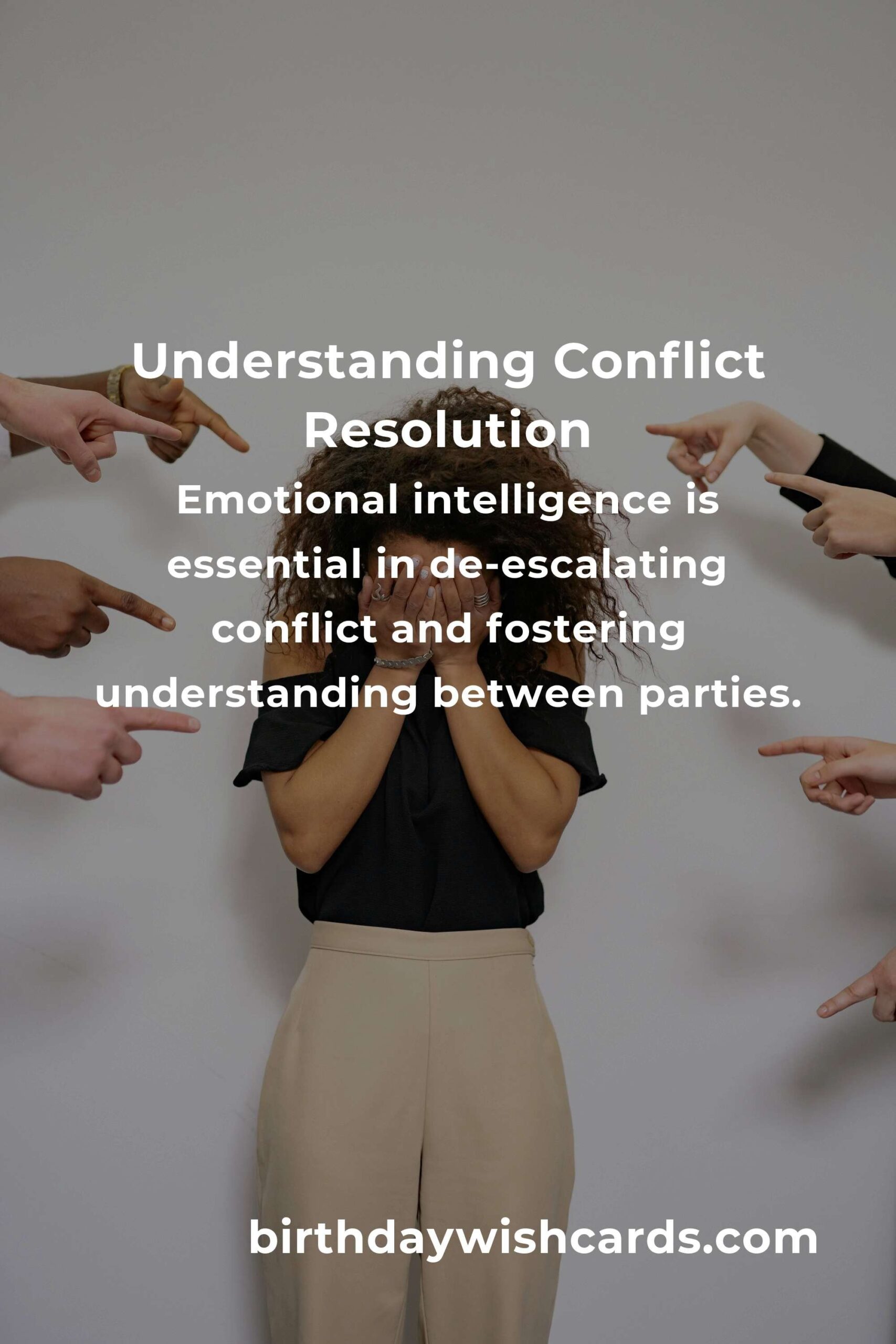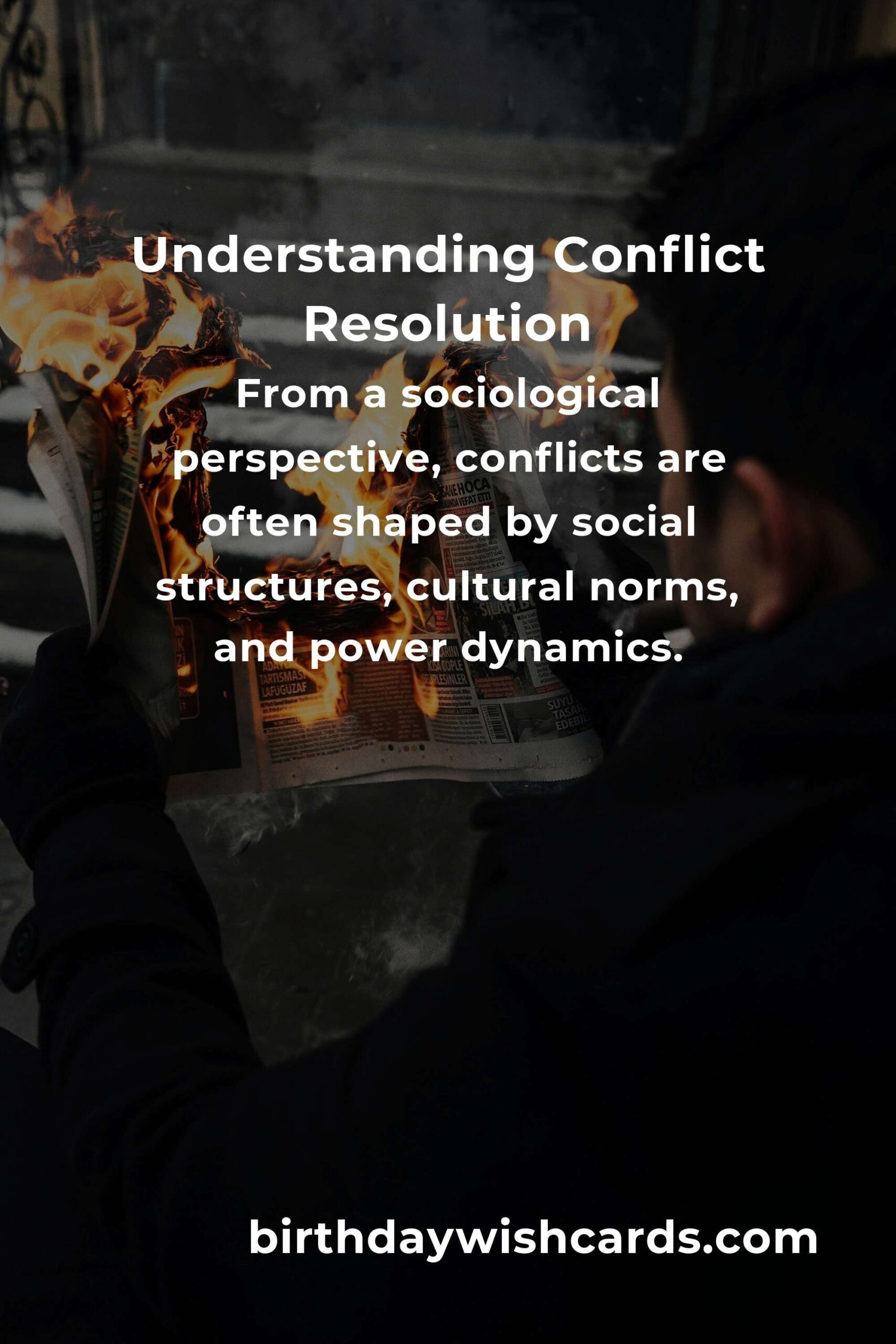
Conflict is an inevitable part of human interaction, and effectively managing it is crucial for maintaining healthy relationships in both personal and professional settings. Advanced conflict resolution goes beyond basic communication skills to incorporate psychological, sociological, and even neurological insights. In this article, we will explore the science behind advanced conflict resolution and how these strategies can be implemented to achieve harmonious outcomes.
Understanding the Nature of Conflict
Conflict arises when there is a perceived incompatibility between goals, values, or interests. It can occur at various levels – interpersonal, intragroup, or intergroup – and can be constructive or destructive. Understanding the nature of conflict is the first step towards effective resolution. It’s crucial to recognize that conflict is not inherently negative; rather, it is a natural occurrence that can lead to growth and innovation if managed properly.
The Psychological Science of Conflict
From a psychological standpoint, conflict is often driven by emotions and perceptions. The way individuals perceive a situation can significantly influence their response to conflict. Cognitive biases, such as confirmation bias or attribution error, can exacerbate conflicts by distorting reality. Advanced conflict resolution strategies involve recognizing and addressing these biases, as well as fostering emotional intelligence. Emotional intelligence involves understanding and managing one’s emotions, as well as empathizing with others. This skill is essential in de-escalating conflict and fostering understanding between parties.
Neuroscience and Conflict Resolution
Recent advancements in neuroscience have provided deeper insights into how our brains process conflict. The amygdala, a part of the brain involved in emotional reactions, can trigger a fight-or-flight response during conflict situations. However, the prefrontal cortex, responsible for rational thinking and decision-making, can help mediate these responses. Advanced conflict resolution strategies aim to engage the prefrontal cortex to promote calm and rational discussions. Techniques such as mindfulness and stress-reduction practices can enhance this process by reducing amygdala reactivity and improving cognitive control.
Sociological Insights into Conflict
From a sociological perspective, conflicts are often shaped by social structures, cultural norms, and power dynamics. Understanding these factors can provide valuable insights into the root causes of conflict and inform resolution strategies. Advanced conflict resolution involves analyzing the broader social context and addressing systemic issues that may contribute to conflict. This holistic approach ensures that solutions are sustainable and address underlying problems rather than just symptoms.
Implementing Advanced Conflict Resolution Strategies
Implementing advanced conflict resolution strategies involves a combination of skills, techniques, and attitudes. Key strategies include:
1. Active Listening
Active listening involves fully concentrating, understanding, and responding to what is being said. It requires empathy and an open mind, helping to build trust and reduce misunderstandings.
2. Collaborative Problem-Solving
Collaborative problem-solving focuses on finding win-win solutions that satisfy the needs of all parties involved. It requires creativity, openness, and a willingness to compromise.
3. Mediation
Mediation involves a neutral third party who facilitates discussions and helps reach a mutually acceptable resolution. This approach can be particularly effective in complex or emotionally charged conflicts.
4. Conflict Coaching
Conflict coaching involves working with individuals to develop their conflict resolution skills. This personalized approach can help individuals manage conflicts more effectively and independently.
Conclusion
Advanced conflict resolution is a multifaceted process that incorporates psychological, neurological, and sociological insights. By understanding the science behind conflict and implementing effective strategies, individuals and organizations can transform conflicts into opportunities for growth and collaboration. As we continue to learn more about the complexities of human interaction, the importance of advanced conflict resolution becomes increasingly evident in fostering peaceful and productive environments.
Conflict is an inevitable part of human interaction, and effectively managing it is crucial for maintaining healthy relationships. Advanced conflict resolution goes beyond basic communication skills to incorporate psychological, sociological, and even neurological insights. Understanding the nature of conflict is the first step towards effective resolution. Emotional intelligence is essential in de-escalating conflict and fostering understanding between parties. Advanced conflict resolution strategies aim to engage the prefrontal cortex to promote calm and rational discussions. From a sociological perspective, conflicts are often shaped by social structures, cultural norms, and power dynamics. Implementing advanced conflict resolution strategies involves a combination of skills, techniques, and attitudes.
#ConflictResolution #Psychology #Neuroscience #Sociology #EmotionalIntelligence

